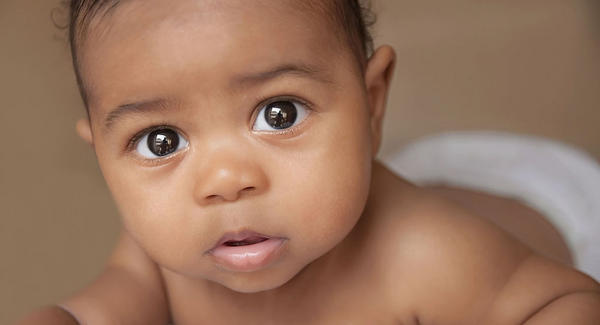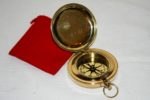Bringing a new baby home is a time for great joy and celebration. But you might be wondering what to expect in the first 12 weeks of your baby’s life? There are so many exciting experiences waiting for the happy family.
But, it doesn’t take long for mom and dad to discover that caring for a newborn baby, while joyful, can be demanding and exhausting. They also discover that their baby definitely has a mind of his or her own and will make his or her presence felt in a hundred and one ways. As most parents will tell you, it’s all a matter of practice and patience.
You will soon learn that your baby shows normal reflexes that can initially alarm you. Such as the fact that newborns have irregular breathing patterns, especially during sleep. Start by following guidelines for safe sleep for babies and follow them as soon as possible.
Newborn babies don’t have a manual, to find all the answers you need to get to know your newborn. It takes patience to find out everything you need to know about caring for your new baby in these exhausting and wonderful first weeks.
You can bet that the first 12 weeks of your baby’s life will fly by as he or she slowly develops a small personality and reaches a few new milestones. As you navigate your new life with another family member, it will help you to stay rested, content and peaceful. Here are a few things to take note of in your baby’s early life.
Feeding your baby

But for some mothers who cannot breastfeed; then baby formula is a healthy alternative.
Always remember to burp your baby gently after a feeding. While feeding on a bottle, make sure your baby is not taking in air bubbles. A newborn baby will need to eat every few hours around the clock so be prepared for interrupted sleep.
When your baby is ready to accept semi-solids and solids, introduce one food at a time. Allow him or her time to get used to each food. Avoid baby foods with additives.
Diapering
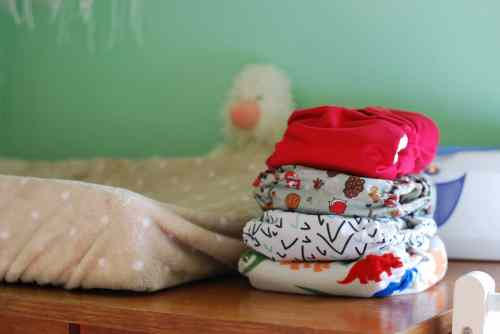
Bathing and Grooming
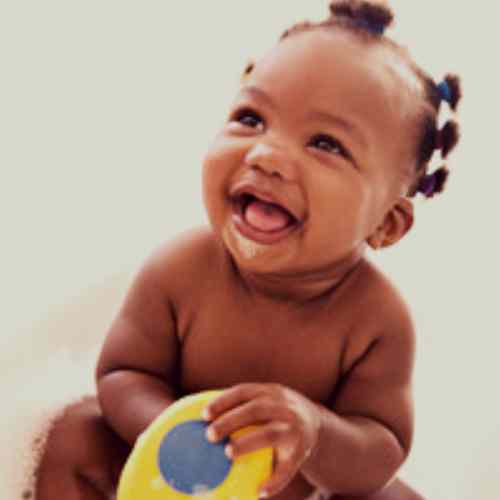
After the bath, bundle your baby up in a nice fluffy towel and dry him or her. Make sure the umbilical area is dry and that the eyes, ears and nose are clean. You may need to clean these with a wet washcloth, but never insert buds into them. Trim your baby’s nails just after a bath.
Sleeping

Playtime

Health Issues

Travelling
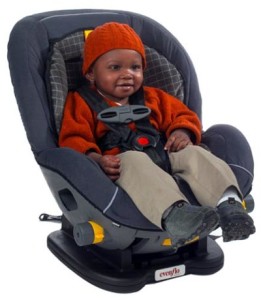
If travelling by air, call the airline to make arrangements for taking your baby’s car seat or carrier and stroller (a combination car seat/stroller works great) on the plane.
Safety and comfort are very important things to keep in mind when you handle your baby. It is a good idea to have a fairly regular schedule for bathing, feeding, playing and sleeping. Your baby will always respond to a warm, loving environment. Hold your baby, cuddle him or her and respond to his or her cries. [Tweet “It is impossible to ‘spoil’ a little baby. Let your love overflow.”] Most of all enjoy early parenthood and your baby’s early days; they will grow up very fast.
Read also: How To Baby Proof Your Home
Early Years Education and the Importance of Play
Take a look at this Expectant mum baby shopping list
